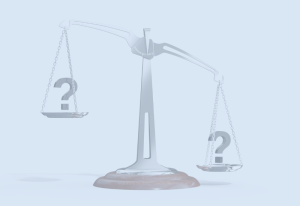
As businesses become increasingly concerned about their environmental impact, the need for sustainable solutions is growing. An ERP system can play a significant role in helping companies combine economy and ecology. Here are some ways an ERP system can help:
- Energy efficiency – An ERP system can help monitor energy consumption and optimize usage to reduce waste and save costs.
- Resource management – ERP systems can help manage resources such as water, raw materials, and energy, ensuring efficient usage and minimizing waste.
- Waste reduction – ERP systems can help monitor production processes and reduce waste through better planning and inventory management.
- Sustainable sourcing – An ERP system can help track the origin of materials, ensuring that they are ethically sourced and meet sustainability criteria.
- Carbon footprint reduction – By monitoring and optimizing production processes, an ERP system can help reduce a company’s carbon footprint.
- Compliance with environmental regulations – ERP systems can help businesses ensure compliance with environmental regulations, avoiding fines and penalties.
In summary, an ERP system can help businesses become more sustainable by optimizing resource usage, reducing waste, and reducing environmental impact. It is an essential tool for businesses looking to balance economy and ecology.




